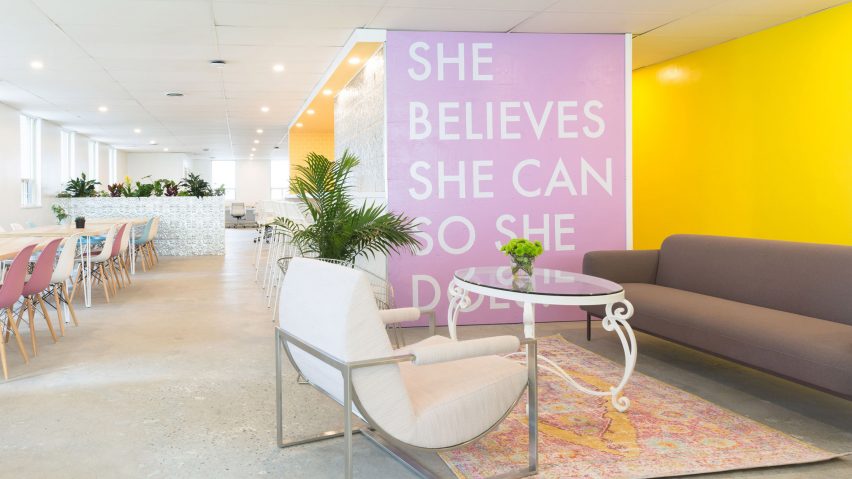
Female-focussed co-working clubs "amplify the voices of women and equal rights"
Women-only co-working spaces are opening across the globe in response to a push for gender equality, according to their founders, who believe the clubs are changing the way their users work.
Workspaces and members clubs geared towards women, like Seattle's The Riveter, Toronto's Make Lemonade, London's AllBright and New York's The Wing, have all opened in recent years.
Following a trend for communal and casual working, this even newer type of workplace is designed to allow women to thrive in an environment traditionally dominated by men.
Female-focussed workspaces follow push for gender parity
Amy Nelson, who founded The Riveter in 2017, believes that the venues are drawing and expanding on the success of recent campaigns for equal rights – particularly in the workplace – like International Women's Day, global marches and #MeToo.
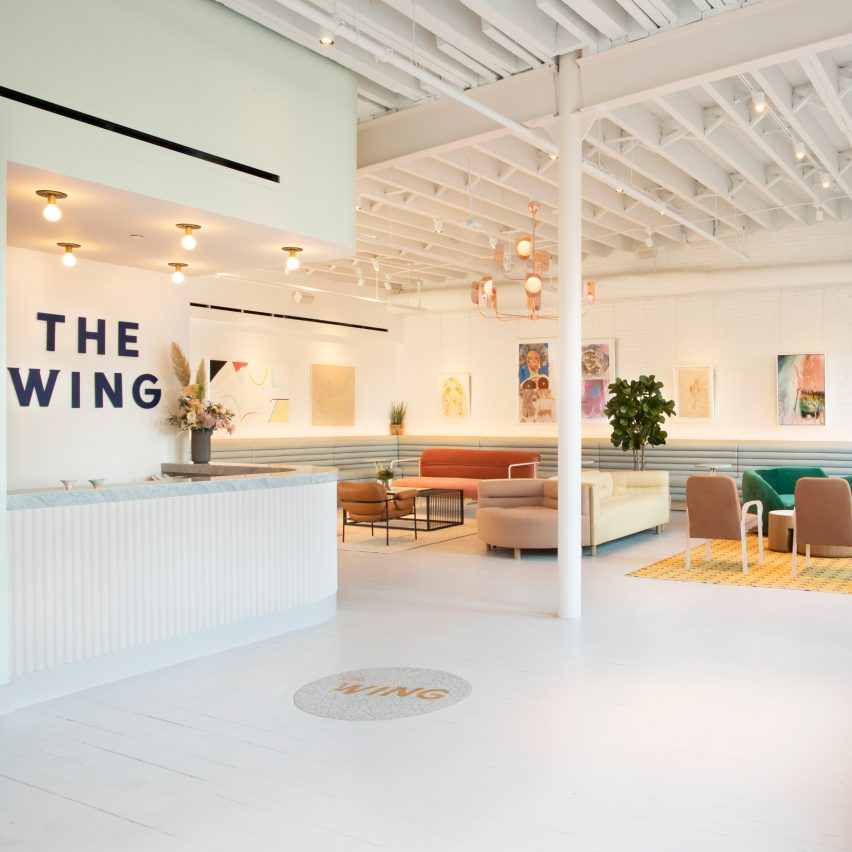
"In light of the #MeToo movement and the Women's Marches, the world is recognising that there is power in women having a collective voice, and sharing stories in a way that has impact and affects change," she told Dezeen.
The Riveter currently has two locations in Seattle, one in Los Angeles and another two set to open in each city later this year. The clubs are designed for women first and foremost, but also allow men to join in some instances.
The demand for these venues is closely tied to the growth in the number of female entrepreneurs, said Nelson. She added that women are currently launching more businesses than men, and it is only going to grow from there, as the spaces "amplify the voices of women and equal rights" and encourage a snowball effect.
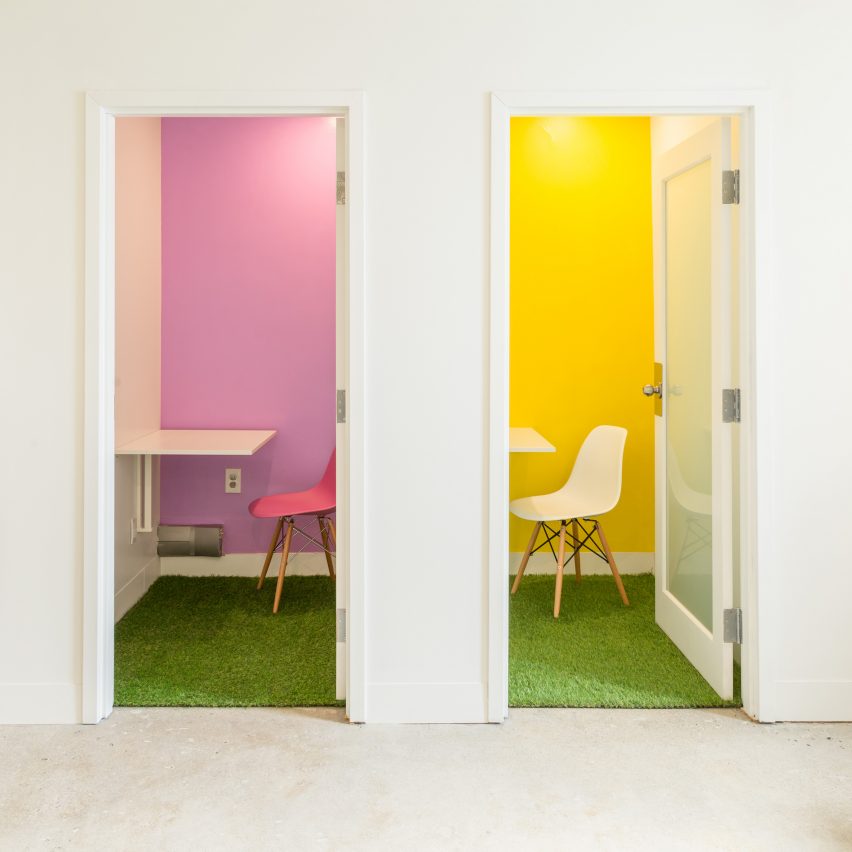
"We're seeing a shift in the value our society places on women succeeding in business," Nelson said. "Workspaces that are female-focussed have a platform to advocate for increasing opportunities to grow."
Venues provide relief from "toxic" work environments
Rachel Kelly, who established Make Lemonade in Toronto, agrees that the rise of these clubs is a consequence of women joining forces to fight for parity in the workplace.
"The growth of workspaces for women is a response to what's happening, and an indicator for more change," said Kelly. "It's a sign that we've all been craving more spaces where we feel comfortable, accepted, and surrounded by like-minded people."
"There's a lot of work to be done to create equal opportunities for women in all aspects of business, and it's no secret that there's a toxic environment in other workspaces, including other co-working spaces," she continued.
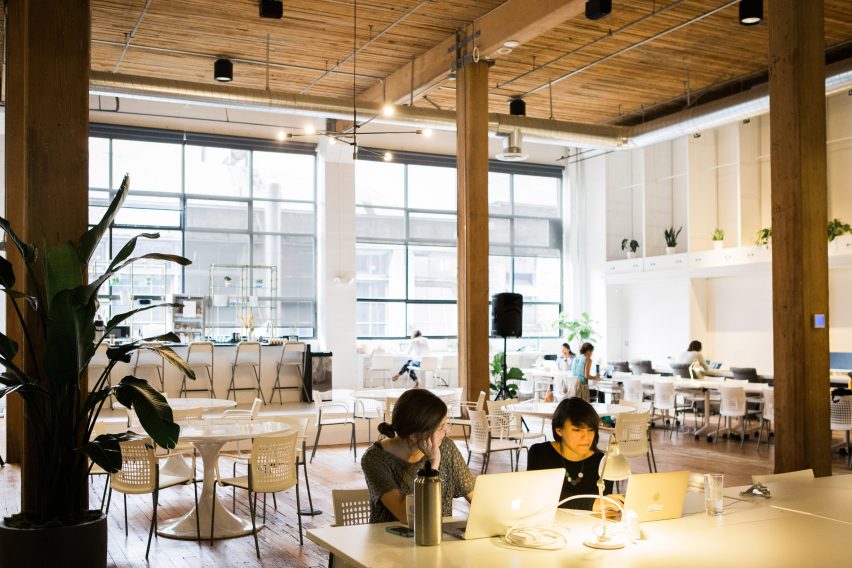
Co-working spaces have ballooned in popularity over the past five years, in response to the increase of freelancers and start-up businesses needing temporary desks. In most models, members are offered a rentable workspace, a place to network with like-minded people, and other benefits like access to talks and social events.
By limiting their clientele, the owners of the female-only clubs are hoping to offer their members unique opportunities, like the discussion of gender-specific topics.
According to Kelly, talks hosted at the spaces that focus on gender imbalance and pay gaps are helping to empower their attendees.
"The conversations sometimes bring tears, but at the end of the conversation, there's a plan, and someone is feeling refreshed and most importantly, supported," said Kelly. "I've often asked myself: if this was a space with primarily men, would this happen?"
Women feel "less pressure when men aren't around"
At AllBright – the UK's first members club for working women – co-founder Anna Jones said that members "feel like there's less pressure on them when men aren't around".
"In a mixed-gender environment, men tend to dominate discussions and put themselves forward as leaders," she told Dezeen. "In a female-only environment, women are more likely to speak up, share their experiences and talk about their successes – and also talk honestly about the challenges they are facing."
Jones and her partner Debbie Wosskow named the club after Madeleine Albright, an American politician and diplomat famed for the phrase: "There's a special place in hell for women who don't help each other".
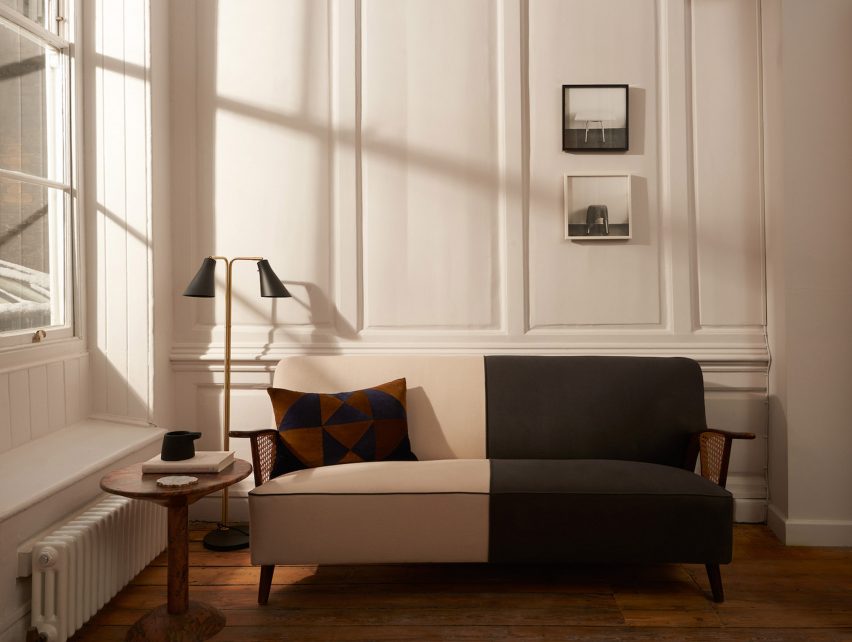
Jones and Wosskow also run the AllBright Academy, which offers two 10-week-long digital courses. One focuses on women who lead their own businesses, while the other is for "those with ambitious career goals".
"Women-only spaces offer women community, network and a supportive environment for their business," said Jones. "There's a camaraderie and a sense of 'girls in it together' that we've witnessed at AllBright events and within our academy."
AllBright's interiors were completed by designers Katie Earl and Emma Rayner, who took the opportunity to create spaces that specifically meets women's needs. The London club includes a spa area for manicures, massages and blowdrys, a gym, and a prossecco bar, alongside its office facilities.
Demand for female-only clubs and workspaces continues to rise
"The rise of all-women workspaces has bought career women to the forefront and is making it 'normal'," said Earl and Rayner, who run London-based studio No12.
AllBright will open another space later this year, after receiving "a constant stream of membership applications" since opening on International Women's Day, 8 March 2018. "People vote with their feet and the demand is very apparent," said Jones.
Another success story is The Wing, which has rapidly expanded across New York, with locations in Manhattan's Flatiron and Soho, and a third in Brooklyn's Dumbo. It is also set to open branches in Washington DC and San Francisco later this year.
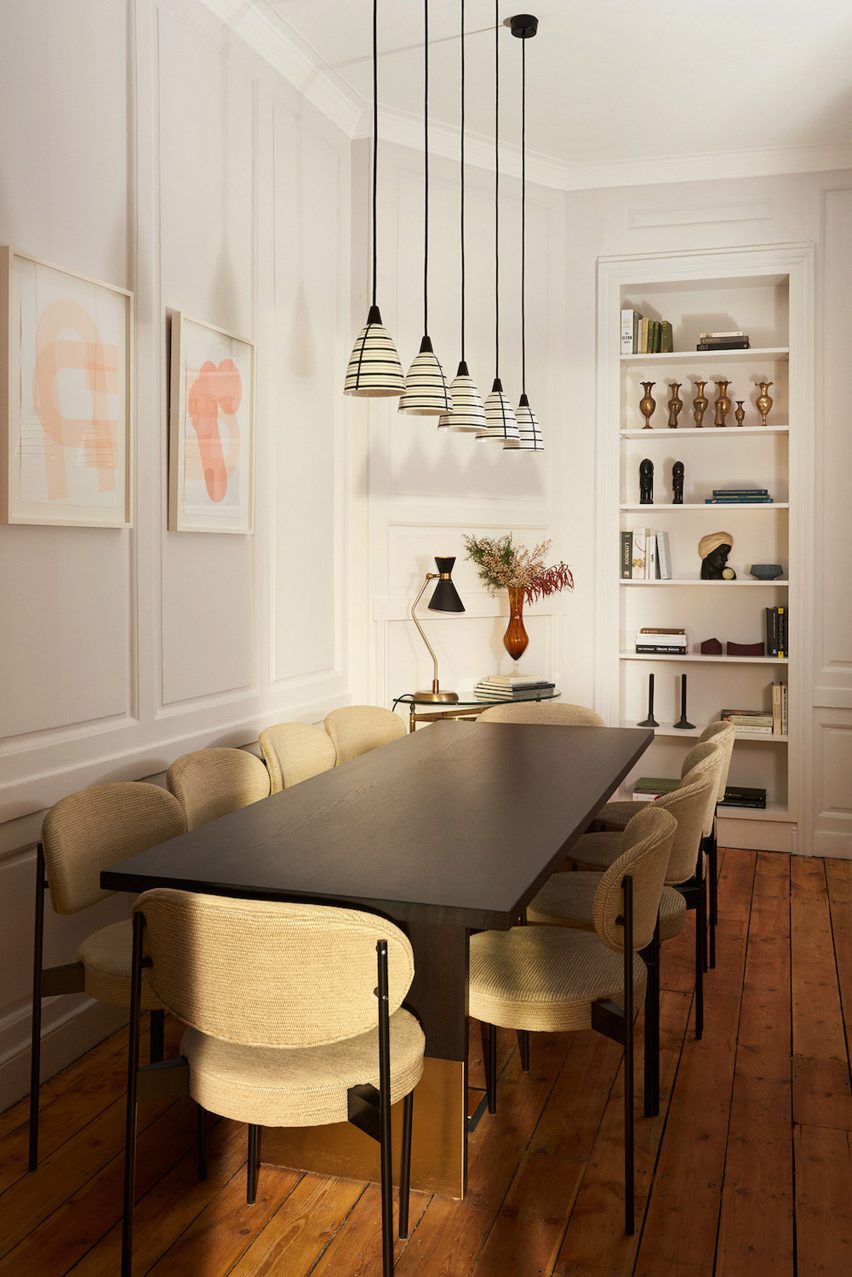
Separating people by gender is a point of contention for some, who argue that the idea is a move away from equality.
But the founders and members of all-female co-working spaces collectively believe that the clubs mark an important step in the gender equality movement, with an end goal of achieving parity in work environments.
"We're not changing the way women work, but we are changing conversation on how to support women in the workspace so that they can be successful and equity can be achieved," said Nelson.
For now, the fight for gender quality in the workplace continues. Dezeen is doing its part with an initiative called Move the Needle, which was launched in March 2018 to help encourage diversity in the architecture and design industry.